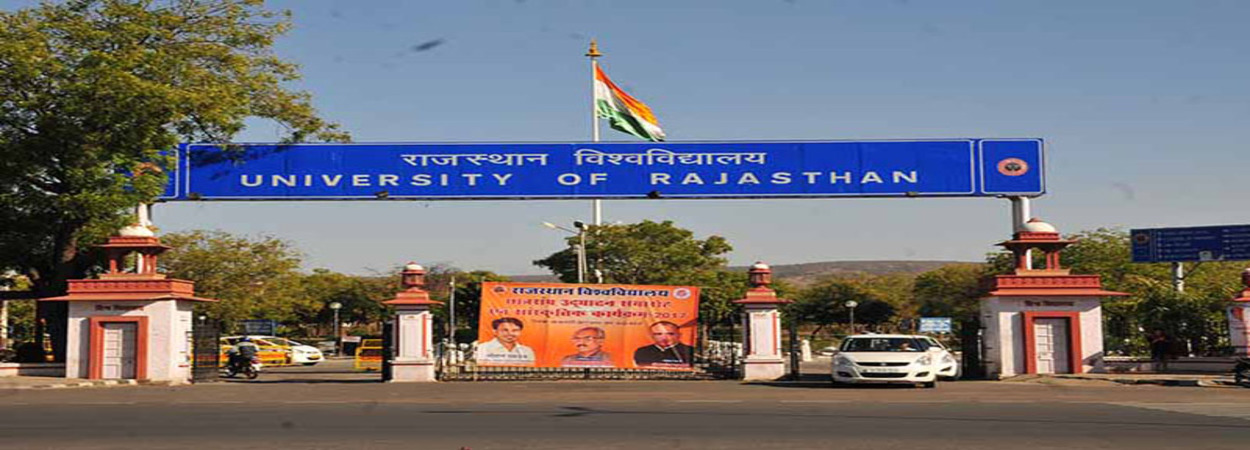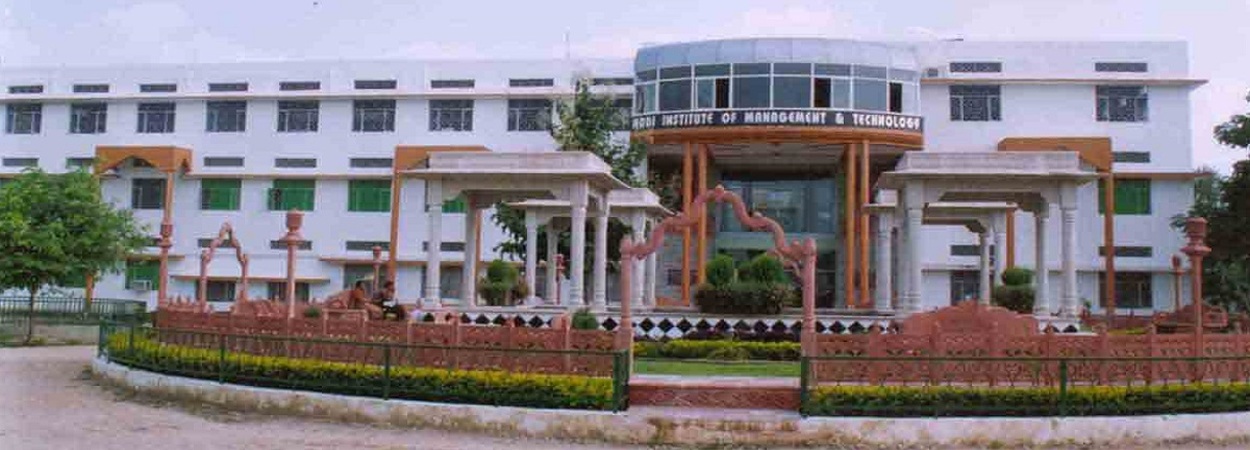Introduction:
A Ph.D. in Poultry Science is a comprehensive research program designed to prepare students for high-level careers in poultry research, industry, and academia. This advanced degree combines rigorous coursework with innovative research to solve current problems in poultry production and health. Candidates dive deep into topics such as nutrition, genetics, physiology, disease management, and food safety, aiming to enhance the productivity and sustainability of the poultry sector. The degree equips graduates with the analytical and research skills required to drive advancements in poultry science, promoting better welfare for birds and addressing global food security challenges.
Admission Process:
- Review specific program requirements and deadlines.
- Submit academic transcripts demonstrating a strong background in a related field.
- Provide letters of recommendation from academic or professional references.
- Submit a statement of purpose outlining research interests and career goals.
- Develop a detailed research proposal if required.
- Demonstrate proficiency in English or other relevant languages.
- Complete an interview with faculty members of the program.
Eligibility:
- A Master's degree in animal science, veterinary science, agriculture, or a related field.
- Academic background with relevant coursework in biology, chemistry, and mathematics.
- Research experience in a related area is preferred.
- Publications in peer-reviewed journals can be advantageous.
Completion Time:
A Ph.D. in Poultry Science typically takes 4-6 years to complete. The first 1-2 years involve coursework, teaching assistantships, and passing qualifying exams. The remainder of the time is dedicated to conducting original research, writing, and defending a doctoral dissertation. The actual completion time may vary based on the research topic's complexity, the student's full-time or part-time status, and the specific requirements of the institution. Throughout their studies, students are expected to present their findings at conferences, publish in scientific journals, and contribute to the academic community, preparing them for a robust career in poultry science.
Career Opportunities:
- Academic positions as university faculty or researchers.
- Industry roles in poultry genetics, nutrition, or health.
- Government positions in agricultural policy or regulatory affairs.
- Research scientists in biotechnology companies.
- Consultants for sustainable farming practices.
Syllabus:
- Advanced Poultry Nutrition
- Avian Physiology
- Poultry Genetics and Breeding
- Disease Pathology and Immunology
- Food Safety and Quality Control
- Bioinformatics and Statistical Analysis
- Animal Welfare and Behavior
- Sustainable Production Systems
Internship Opportunities:
- Industry placements in poultry production companies.
- Research internships in government or private research laboratories.
- Hands-on experience in poultry health facilities.
- Internships in animal nutrition and feed companies.
- Training programs with agricultural extension services.
Scholarship and Grants:
- University-specific scholarships for doctoral candidates.
- Grants from agricultural and poultry organizations.
- Research funding from government agencies.
- Travel grants for conference presentations.
- Industry-sponsored scholarships for research in specific areas of poultry science.
FAQs:
What educational background do I need to apply for a Ph.D. in Poultry Science?
A Master's degree in animal or poultry science, veterinary science, agriculture, or a closely related field is generally required.
How long is a Ph.D. in Poultry Science program?
It typically takes 4-6 years to complete, depending on whether you are a full-time or part-time student and the nature of your research.
Are there funding opportunities available for Ph.D. students in Poultry Science?
Yes, many programs offer fellowships, research assistantships, scholarships, and grants specific to agricultural sciences.
Can I work while completing my Ph.D. in Poultry Science?
Yes, many students work in research labs, teach, or take internships related to their field while completing their degree.
Are teaching opportunities available during the Ph.D. program?
Yes, most programs offer teaching assistantships as part of the training and funding package.
What careers can I pursue with a Ph.D. in Poultry Science?
Careers include academia, research and development in the poultry industry, governmental agricultural departments, animal health companies, and more.
Do I have to publish my research during the Ph.D. program?
While not always mandatory, publishing is highly encouraged and often essential for a successful academic career.
Are there opportunities for practical experience in the program?
Yes, most programs offer internships, lab work, and field studies as part of the curriculum.
Can international students apply for a Ph.D. in Poultry Science?
Yes, international students are welcome to apply but must meet the program's eligibility requirements, which may include language proficiency tests.
What facilities are provided for Ph.D. students in Poultry Science?
Universities typically provide access to research labs, poultry farms, and libraries for Ph.D. students.
How is the dissertation topic decided?
The topic is usually chosen by the student based on their interests and in consultation with their academic advisor or dissertation committee.















